A Shocking List of All Of The States That Have Come For DEI

Currently, lawmakers in Kansas are planning to restrict diversity, equity and inclusion initiatives on college campuses which would follow in the footsteps of other states like Florida, Georgia and Utah. Though Kansas is having a hard time defining exactly what DEI is, the bill that would severely restrict “discriminatory concepts.” Here are a list of states that have severely limited or got rid of DEI in education and job settings.
Alabama
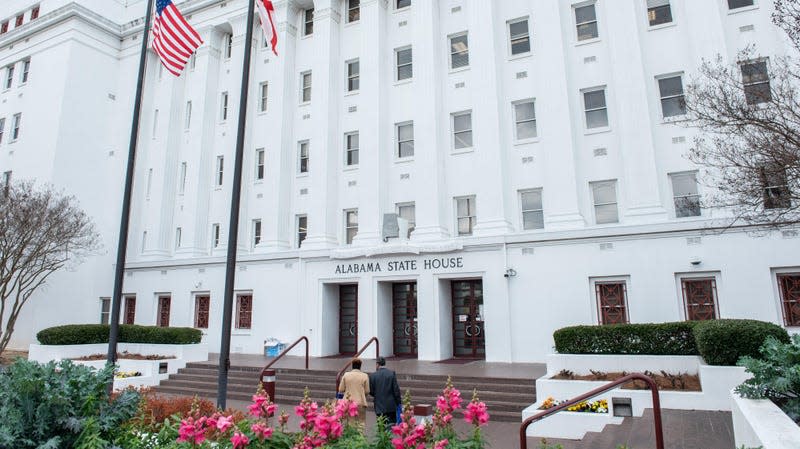
Alabama’s Senate Bill 129 will forbid the state’s public colleges and universities from sponsoring, promoting or sustaining DEI offices and programs. It will also stop public institutions from addressing “divisive concepts” relating to race, sex, or religion. It will go into effect on October 1.
Arizona
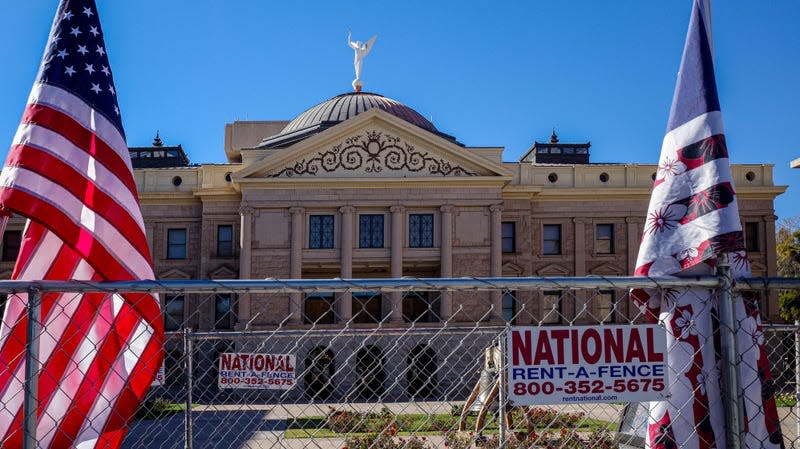
Senate Bill 1694 was passed meaning public colleges in Arizona are forbidden from requiring an employee to complete DEI programming. It also means there will be no spending of public funds on DEI services.
Arkansas

Senate Bill 71 in Arkansas would “end state-sponsored discrimination” by banning state and local government agencies—including public universities— from using affirmative action programs. Luckily, it died in the Senate.
Florida
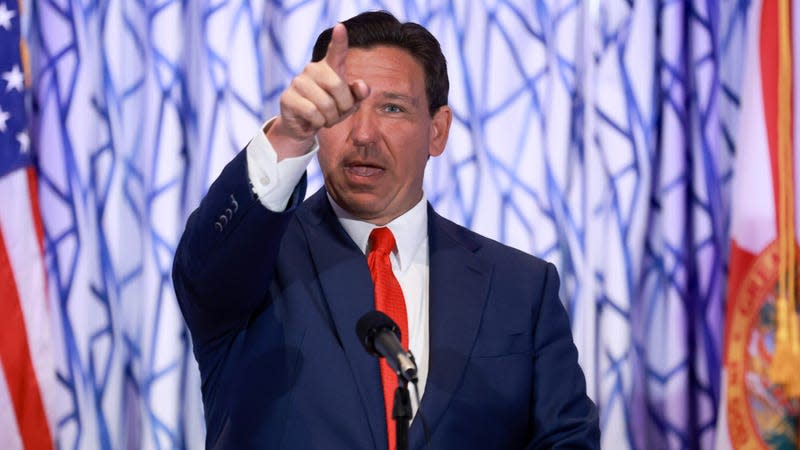
Thanks to Florida Governor Ron DeSantis, the passing of House Bill 999 and its companion Senate Bill 266 means institutions in Florida are not allowed to fund the promotion or livelihood of DEI programs. Also, House Bill 931 and its companion Senate Bill 958 mean affirmative action is not allowed in hiring or education selection practices.
Georgia
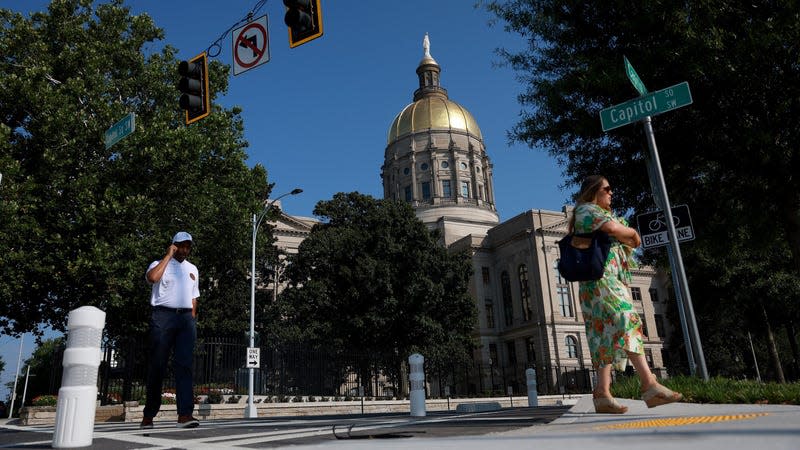
Under Senate Bill 261, public institutions in Georgia would have been banned from employing “political litmus tests” in admissions and promotions practices. Luckily, it died in the committee.
Indiana

Indiana’s House Bill 1338 is still in the works and aims to ban public institutions from requiring current students from engaging “in any form of mandatory gender or sexual diversity training or counseling.”
Iowa

House File 616 in Iowa has been presented and the bill may get passed. If so, it prohibits colleges and universities governed by the Iowa state board of regents from funding DEI offices and its offices’ employees.
Kansas
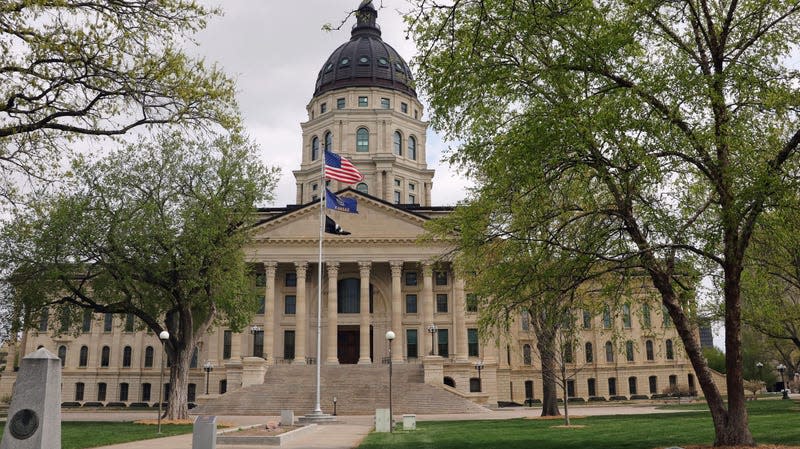
Kansas lawmakers introduced House Bill 2460, meaning the state’s postsecondary education institutions would be prohibited from aiding or admitting students based on political beliefs. SB 155 is a budget bill that would ban schools from allowing DEI practices in hiring decisions. The status on these bills remains unknown.
Kentucky

Senate Bill 6 will ban the teaching of “divisive concepts” to students and employees. House Bill 9 will forbid race-based and sex-based scholarships, DEI programming and DEI training at the state’s public universities. Both are waiting for Senate approval.
Louisiana
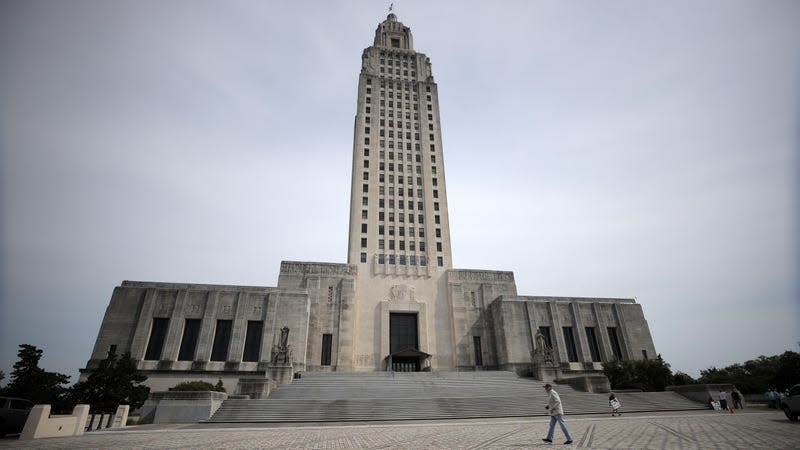
Louisiana’s Senate Bill 128 would have banned colleges and universities from providing “preferential treatment” in the form of financial aid based on “race, sex, or national origin.” Ultimately, the bill failed a vote out of committee.
Missouri

If passed, Missouri’s Senate Bill 410, would prohibit higher education institutions from requiring staff and students from answering questions related to DEI. House Bill 75 would ban colleges and universities from requiring students to complete “mandatory gender or sexual diversity training or counseling.” Senate Bill 680 and House Bill 1196 aim to get rid of DEI in hiring practices on college campuses.
Montana

Senate Bill 222 forbids the “unlawful discriminatory practice” of diversity training as a step to hiring. The bill also stops universities from using DEI in hiring practices.
Nebraska
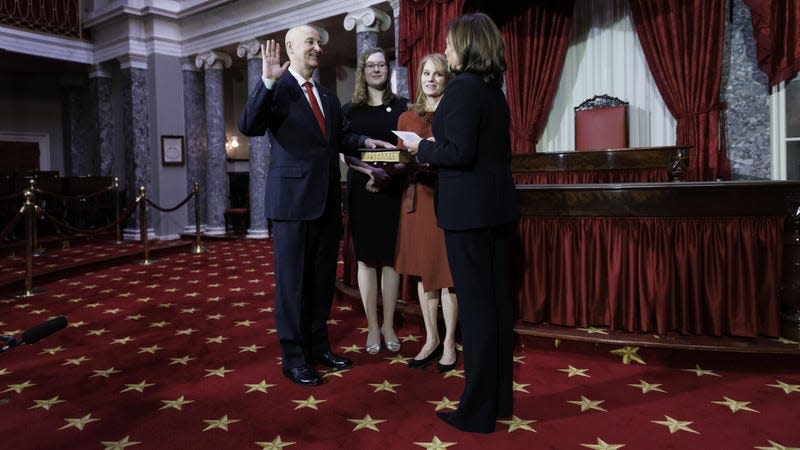
Senate Bill 283 has a goal of forbidding diversity, equity, and inclusion offices and officers to be present at colleges in Nebraska.
North Carolina
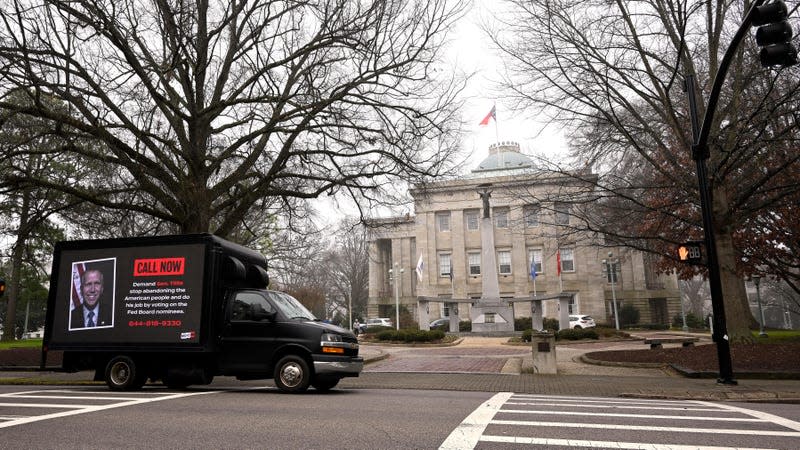
House Bill 607 would stop institutions in the University of North Carolina system and public community colleges from interested students about political and social beliefs. That bill has passed in the House.
North Dakota

Senate Bill 2247 was signed into law last year, in which college and university staff and students cannot be asked about ideology or politics.
Ohio
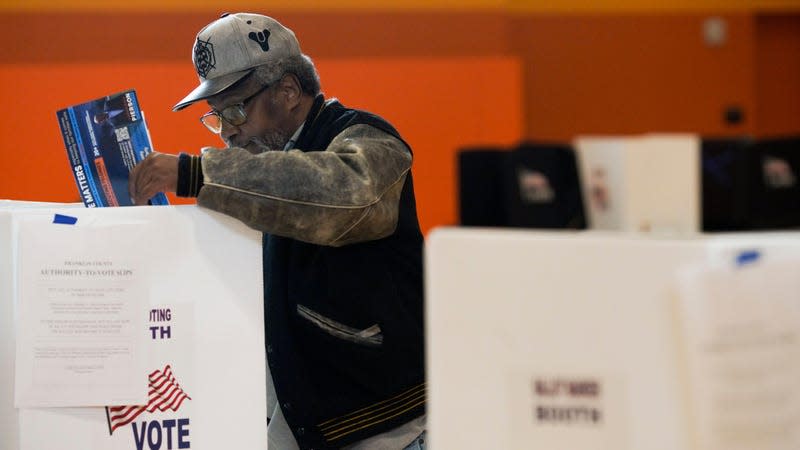
With Ohio Senate Bill 83, private higher ed institutions would only receive funding if they complete syllabus, intellectual diversity and freedom of speech requirements.
Oklahoma
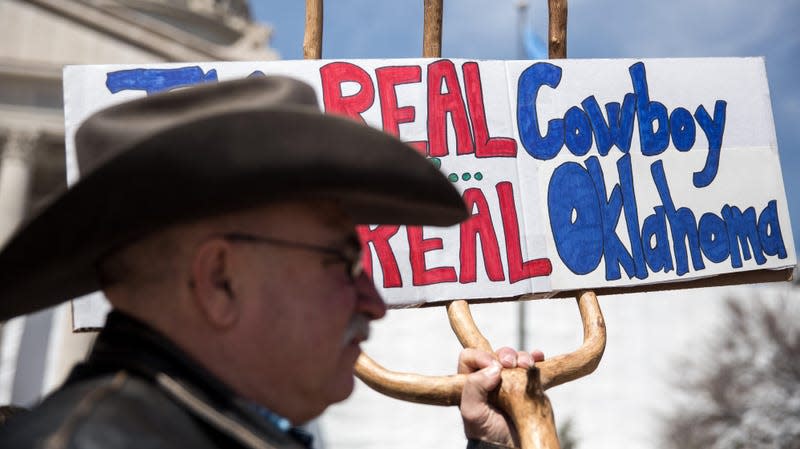
SB 870 and SB 1008 aim to prohibit public colleges in Oklahoma from giving money to DEI offices and using “political tests” and diversity statements when hiring. It is still undergoing approval.
Oregon

House Bill 2430 and House Bill 2475 both aim to prohibit public educational institutions in Oregon from requiring or encouraging students that “any race, ethnicity, color, sex, gender, religion or national origin is inherently superior or inferior to another.”
South Carolina
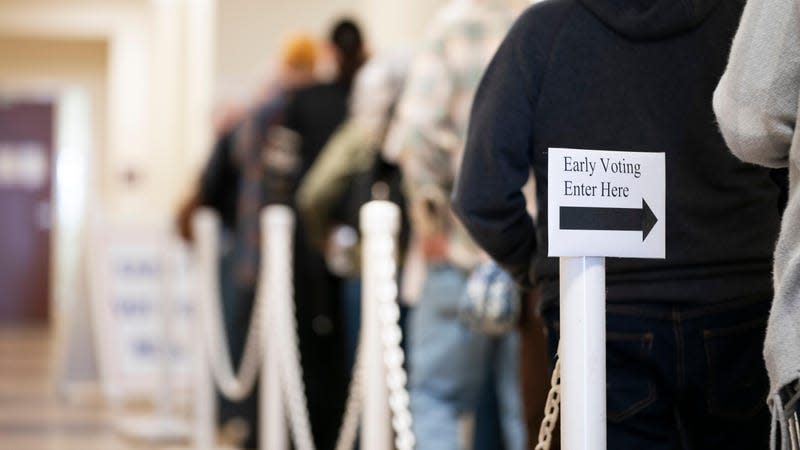
House Bill 4289 and House Bill 4290 would disallow public institutions from making diverisity training/statements mandatory. It would also eliminate DEI from its hiring and admissions practices.
South Dakota

This state’s House Bill 1012 was signed into law and goes after “divisive concepts,” barring mandatory training or orientation about said concepts.
Tennessee
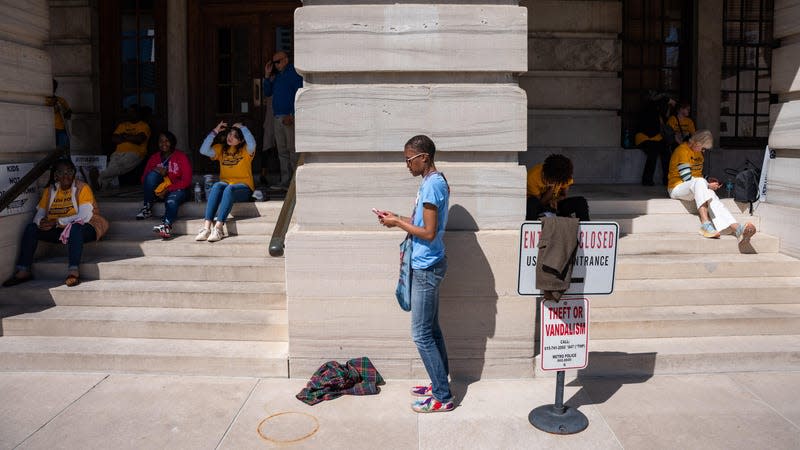
House Bill 1376 allows students and employees to report professors who teach “divisive concepts” to their institutions. Senate Bill 102 bars colleges from firing employees for refuse to partake in “implicit bias training.”
Texas
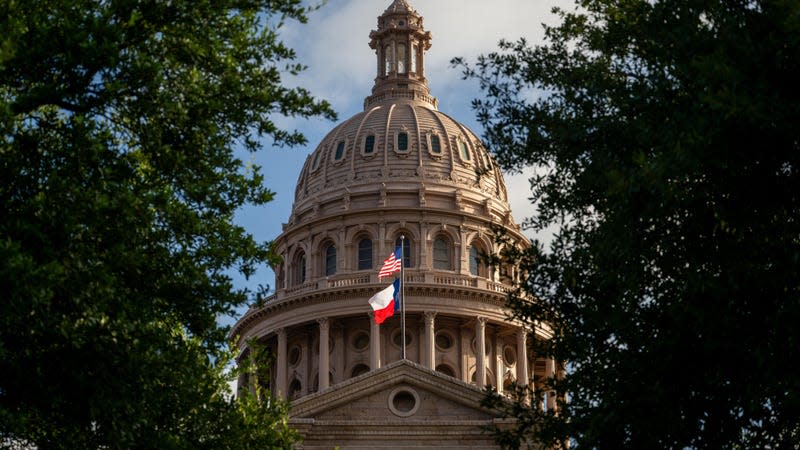
Under SB 17/ HB 5127, DEI offices and diversity training have been banned at public institutions. Senate Bill 16 bans the teaching of critical race theory, while House Bill 3164 and HB 1 also ban DEI practices.
Utah
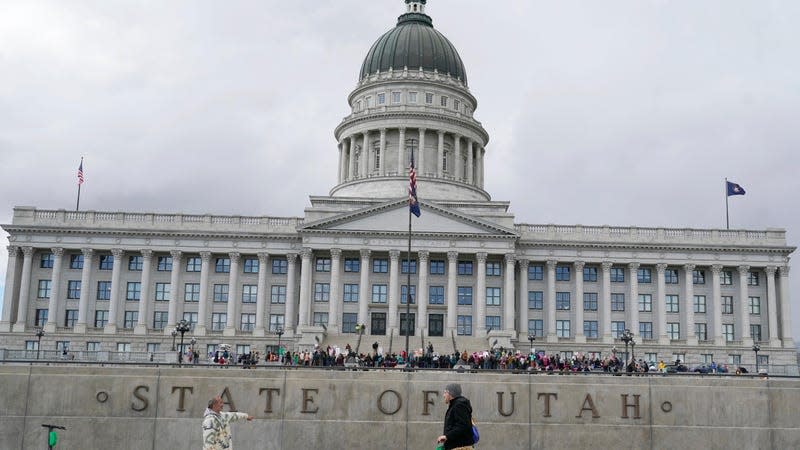
With House Bill 451 and Senate Bill 283, public institutions in Utah would have been prohibited from having DEI offices and mandating DEI statements in its hiring or admissions practices. Earlier this year, HB261 was signed into law effective July 1, 2024. It eliminates training requirements that “promote differential treatment” and bars DEI from into hiring and admission practices.
West Virginia

West Virginia’s House Bill 3503 failed to pass, but would have gotten rid of required diversity training including workshops and speakers addressing social justice, inclusive language, transphobia and homophobia.

